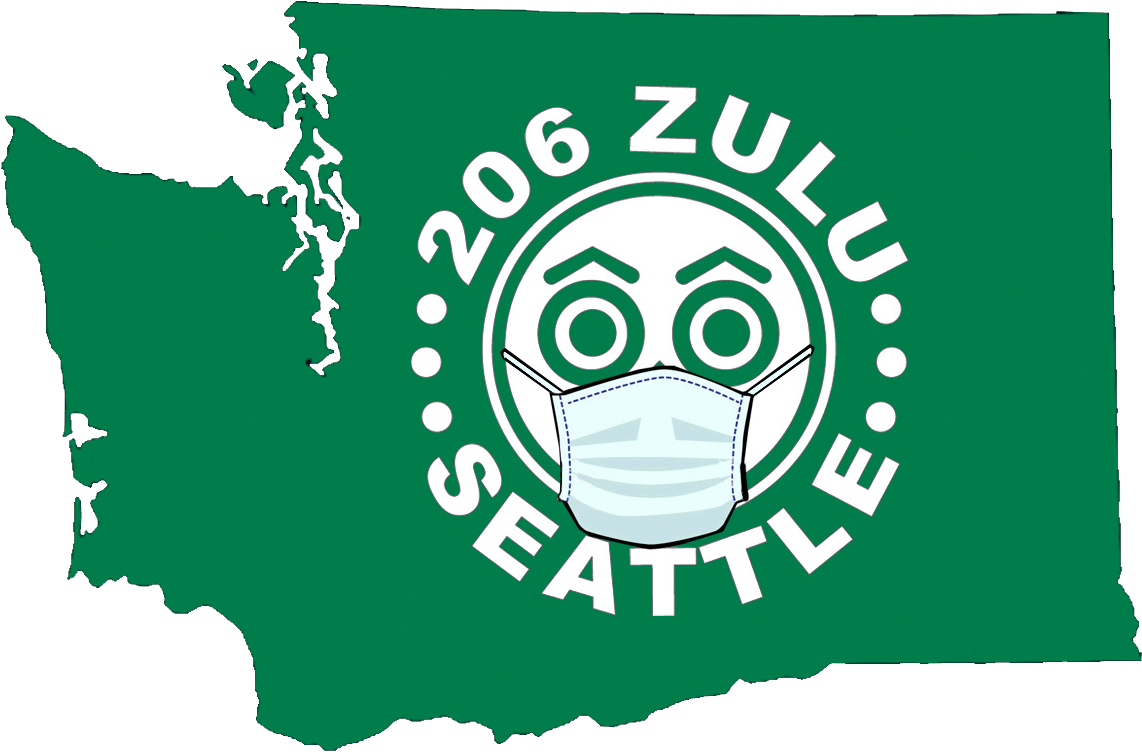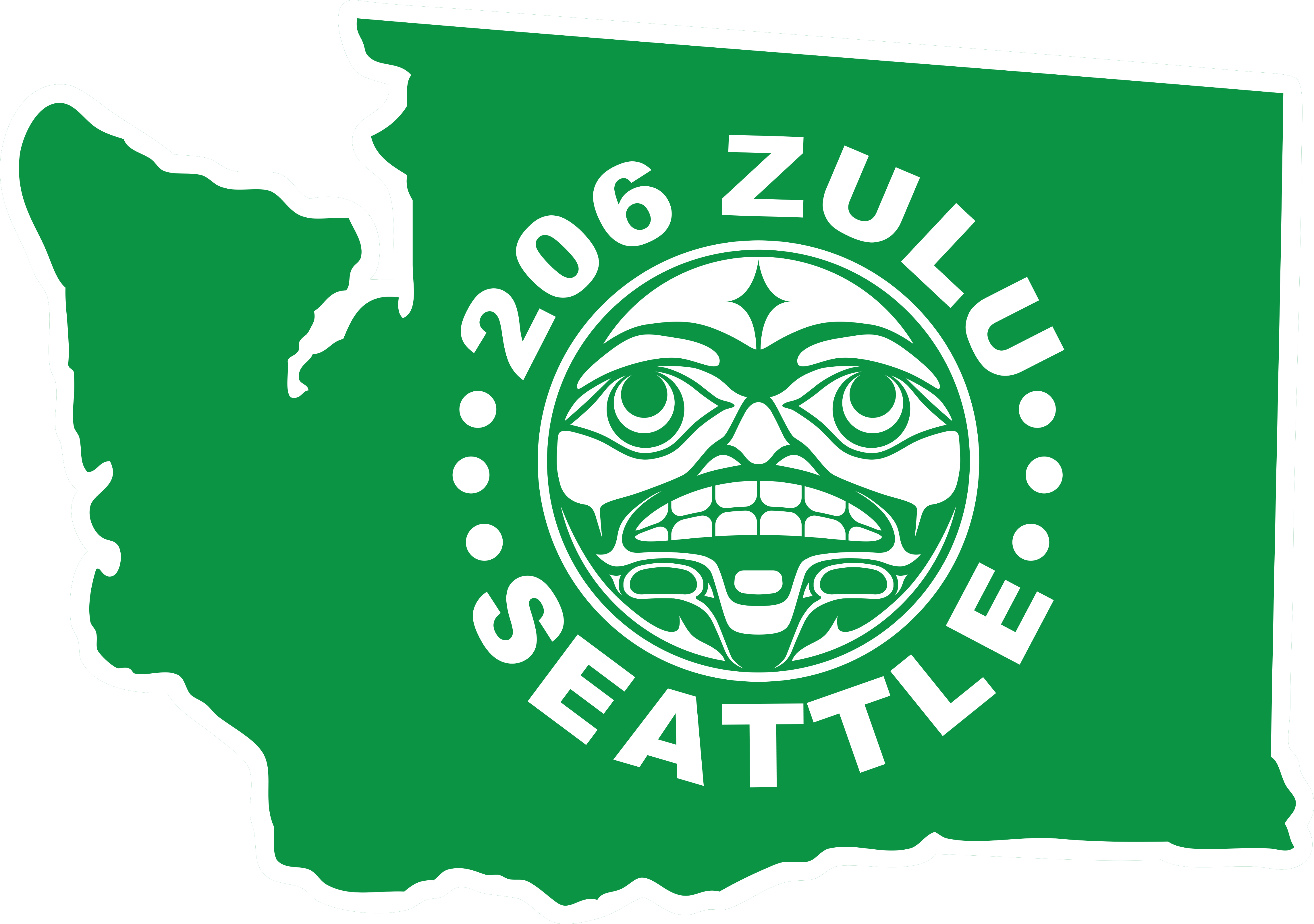TOOMAJ SALEHI SENTENCED TO DEATH, BUT HIS FIGHT FOR FREEDOM CONTINUES
The 33-year-old Iranian rapper Toomaj Salehi, known for his protest songs and thought-provoking lyricism, was sentenced to death on April 24, 2024, by a court in Iran on charges of “spreading corruption on Earth” or Moharebeh which in classical Arabic translates literally to “fighting” but is sometimes used colloquially to connote fighting against God..
Under Iran’s authoritarian legal system, artists must adhere to guidelines set by state authorities. The government targets musicians and performers who use art to address social issues or advocate for political change. Music genres such as Rock and Hip-Hop, perceived as Western influences, face heightened scrutiny and censorship.
Since the Islamic Revolution of 1979, the Iranian government has tightly controlled cultural expression, imposing strict regulations on media, literature, music, and visual arts. The Islamic Republic of Iran has a long history of suppressing artists. For example, the imprisonment of musician Mehdi Rajabian for distributing underground music or the banning of concerts and albums by popular artists like Shahin Najafi due to their critical lyrics. These draconian measures have led to widespread conformity and fear among some artists; others see no option but to resist and create subversive work.
What did Toomaj Salehi do?
Toomaj, a metal factory worker and emcee from Iran’s Bakhtiari ethnic minority has faced a series of arrests and legal battles in response to his music and activism. Initially arrested on September 13, 2021, for charges including insulting the Supreme Leader and propaganda against the state, he received a six-month suspended sentence.
Then, following the death of Mahsa Amini, a 22-year-old woman who died while in the custody of Iran’s Morality Police, authorities sentenced Toomaj to six years in prison for his involvement in those protests. After enduring torture and being in solitary confinement for 252 days, Iran’s Supreme Court found flaws in the original sentence, and Toomaj was released.
Despite the risk of being imprisoned again, Toomaj continued to advocate for government accountability. As a result of his activism and publicly disclosing the details of his confinement, he was detained once more on November 30, 2023. Authorities took Toomaj to Dastgerd Prison in Isfahan, where it is assumed that he continues to be tortured as he awaits capital punishment.

Global Outcry: Support for Toomaj Salehi
Sadly, none of this is surprising for Iranians who have been under a dictatorship for the last 45 years. In 2023 alone, the Islamic Republic executed 834 prisoners, according to a human rights report. But Toomaj’s supporters worldwide, inspired by his fight for freedom and expression, see this imposed sentence as a call to act and demand his immediate release.
The news outlet Iran International reported rallies in major cities around Europe, Canada, and the US, where thousands condemned the sentence, raising placards and chanting in unison, “Women, Life, Freedom!” (a phrase used during the Mahsa Amini rallies), and “Hey Hey, Ho Ho/The Islamic Republic has got to go.” In Brussels, people gathered before Tehran’s consular building chanting similar slogans. In other European cities, people sang along with Toomaj’s songs.
An anonymous rapper from Tehran stated, “ On days when words have lost their meaning, Toomaj makes words clear.”
300 Iranian musicians have also united in solidarity with the imprisoned rapper, signing a statement that calls for the immediate reversal of the death sentence and the release of hundreds of others detained for protesting. They see Toomaj as a symbol of hope for a disillusioned generation who aspire for freedom and a normal life.
Iranian filmmaker Jafar Panahi said the death sentence is “medieval,” demanding the world stand up against this “barbaric” injustice. Panahi, a paroled dissident, visited Toomaj when the rapper was previously released and said he couldn’t bear listening to the details of the torture Toomaj had endured while in detention, adding. “It is our duty to take action.”
Prominent activists like Zahra Rahnavard, who has been on house arrest for 13 years, political prisoners, exiles, and other members of the Iranian diaspora have joined the condemnation. They are screaming together, “Toomaj must be free.”
The anonymous rapper, interviewed by Variety, said, “In my opinion, keeping the historical memory alive is one of the tools of Toomaj’s civil struggle- for the freedom of humanity and not the execution of humanity.”
The Power of Hip-Hop: Toomaj Salehi’s Impact
According to a report by the Independent International Fact-Finding Mission on the Islamic Republic of Iran (FFMI), an entity established by the United Nations to examine alleged human rights abuses in Iran, Toomaj Salehi’s arrest was an example of the repressive tactics used by Iranian authorities to suppress dissent, particularly among artists and writers.
Systematic attacks against civilians are considered crimes against humanity, the type of crimes that Toomaj’s music denounced directly, as in his songs “Soorakh Moosh” (Rat Hole), “Normal,” and “Karoon,” all of which are pressing critiques of the government, expressing dissent, and touching on themes of struggle and resilience in the face of adversity. His family, friends, and associates all believe he is being condemned for making music, for making Hip-Hop, an art form that is banned in Iran.
A group of human rights experts from the United Nations released a statement saying, “As harsh as Mr. Salehi’s songs are to the government, they are manifestations of artistic freedom and cultural rights… Art must be allowed to criticize, provoke, and push society’s boundaries.”
On songs like “Normal,” Toomaj does just that with lyrics like:
“Yes! Yes Sir! Life is normal
-“Normal” © 2022 Toomaj Salehi
A laborer’s annual wage is worth a dinner abroad.
Yes! Of course, Sir! Life is normal
We don’t dare say otherwise, lest we get in trouble.
Yes! Yes Sir! Life is normal
Some have to sleep in graves; others own ten high-rises.”
The UN experts highlighted that everyone should be free to engage in discussions, express themselves artistically, and participate in cultural and political activities without fear of punishment, torture, or even death.
By this standard, the United States has stifled voices too. During the era of McCarthyism, which peaked in the late 1940s and early 1950s, artistic expression faced severe restrictions and censorship due to the fear of communism. Even in 1989, Two Live Crew’s album “As Nasty As They Wanna Be” was declared legally obscene, banned and taken off the shelves. However, it is important to distinguish that in the United States, rap lyrics are technically protected by the First Amendment right to free speech.
Toomaj Salehi’s Brave Stand
For Toomaj’s battle, at this moment, every second counts. Activist Elica Le Bon believes it is through Hip-Hop that Toomaj will be freed. Le Bon told Rolling Stone Magazine that Toomaj is the “Tupac of Iran.”
The Iranian activist explained that by shedding light on legal cases like Toomaj’s and drawing attention to the regime’s brutality, she has often seen the authorities back down from executing prisoners, urging folks to join the campaign and use hashtags like #FreeToomaj or #ToomajSalehi.
The American rapper Meek Mill used his platforms to advocate for Salehi’s release, and human rights groups like Amnesty International have denounced The Islamic Republic of Iran’s crackdown on freedom of expression.

The Power of the Microphone
Despite the Iranian government’s efforts to silence dissent and control speech, activists like Le Bon see Toomaj’s sentence as a sign they are losing grip of they’re absolute control. Like all repressive regimes, fear of words and ideas symbolizes their own uncertainty of the future and their hold on power. It reveals an insecurity shown through thin skin but also proves the potency of artists like Toomaj’s music and message through the microphone.
The power to rise from suppression is illustrated in Toomaj’s own words such as a quote from an Instagram post where he once said, “I think rap is the voice of the suffocated throats.”
Daring to express dissent through his music, he spotlights the power of Hip-Hop as a tool for social change and resistance. Salehi’s story embodies the transformative nature of an art form born out of a direct response to socioeconomic oppression in the Bronx during the 1970s. Since then, Hip-Hop has evolved into a global phenomenon, serving as a platform for marginalized communities to voice their struggles, aspirations and frustrations, resonating with people from all walks of life. It has become a universal language of nonviolent resistance, spitting bars to confront injustice and inequality.
Toomaj drew inspiration from rappers like Tupac Shakur. Much like Tupac, Salehi has used his music as a platform to address social and political issues. However, unlike his American counterparts who faced different sets of challenges, Salehi faced the added pressure of Iran’s regime, in a place where expressing dissent through music could lead to severe consequences, as we have seen. Despite these obstacles, his courage and determination to speak truth to power have carved his status as a fearless voice for his generation, echoing the legacy of artists like Tupac.
In 2023, Toomaj received recognition for his activism through music. He earned the Heretic Award for protest/activist music from the Global Music Awards and the Freedom of Expression Award in Arts from the Index on Censorship. Freemuse, in partnership with the United Nations and UNESCO, featured Salehi prominently in its 2023 State of Artistic Freedom report, shedding light on violations of artistic rights worldwide.
Salehi’s defiance in the face of repression exemplifies the resilience of Hip-Hop, transcending censorship and repression to convey messages of hope and solidarity. Beyond its role as a form of protest, Hip-Hop has also served as a vehicle for empowerment and community-building, providing a voice for those who have been marginalized and silenced. From the streets of Tehran to the neighborhoods of New York City, Hip-Hop has always united people.
As we in the United States clash over our own lines and limits of freedom of speech, Toomaj Salehi faces an uncertain fate. His story serves as a sobering reminder of the sacrifices made by artists who dare to speak truth to power, lifting the voices of the suffocated throats.


